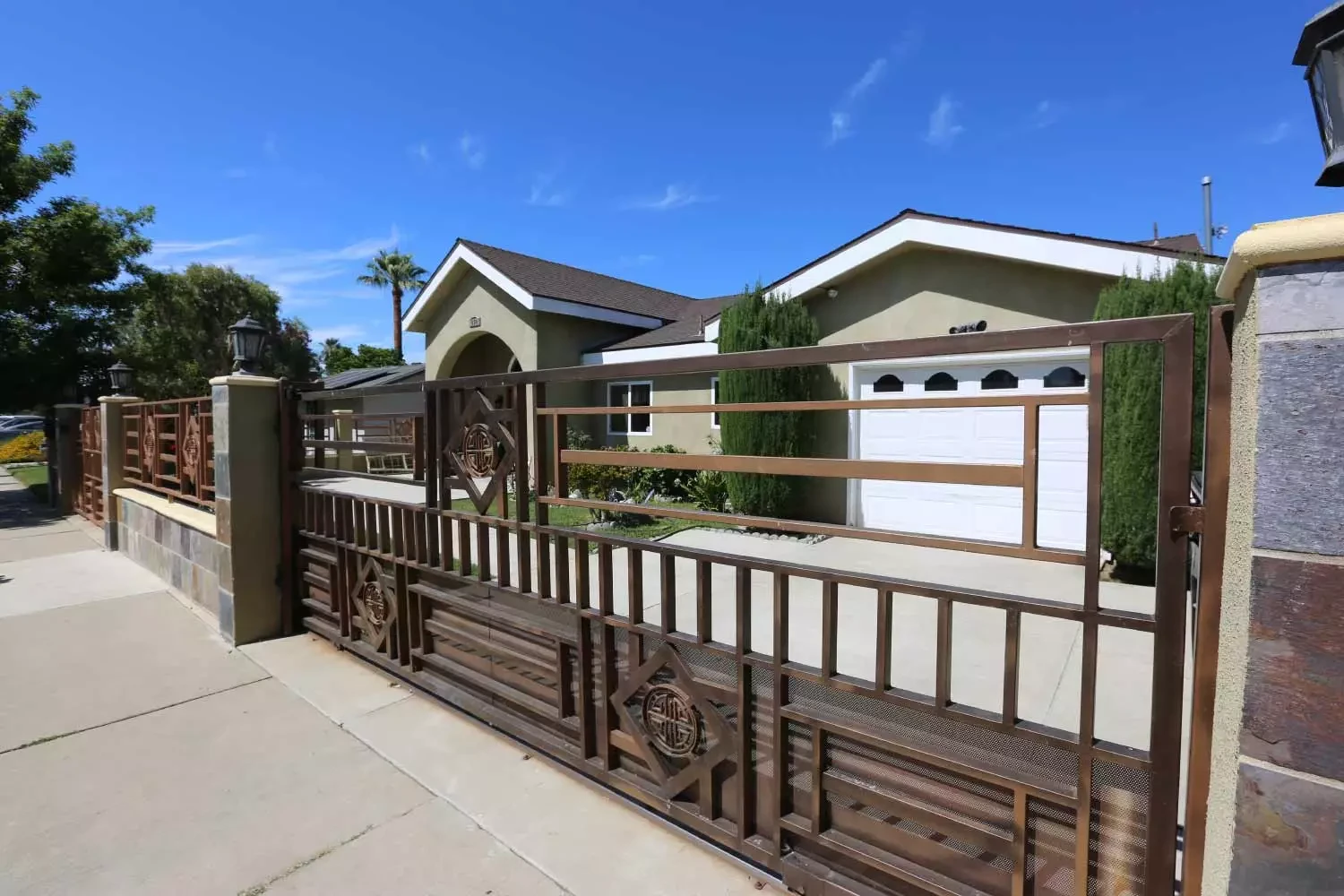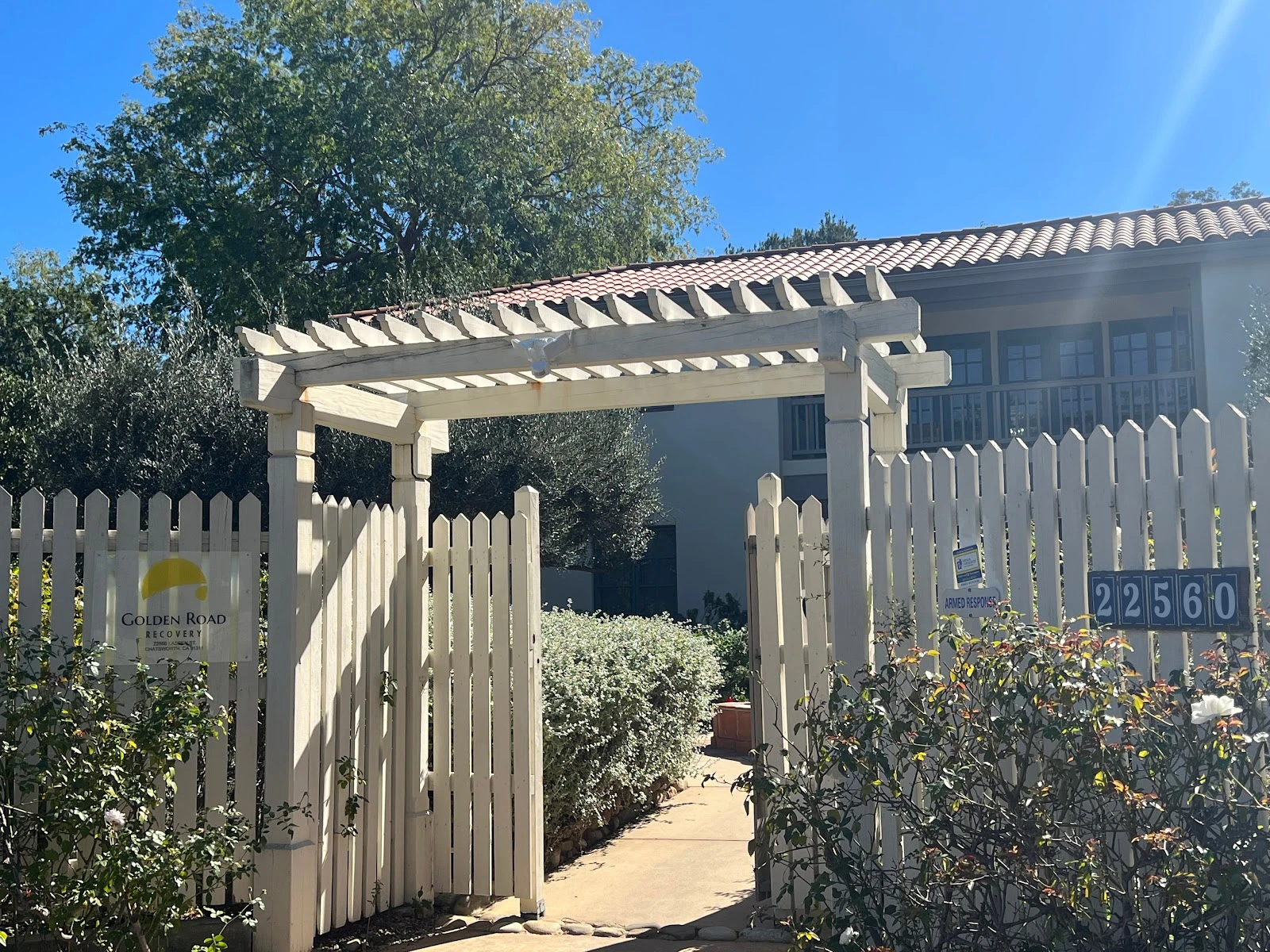Forward Recovery, located in Los Angeles, California, specializes in treating substance abuse and mental health conditions for adults of all ages. The facility offers a comprehensive range of services, including intensive outpatient programs (IOP) at this location and a more structured inpatient program at their Roxbury Drive facility. The inpatient services are designed to provide a distraction-free environment, allowing clients to focus entirely on their recovery.
For those who do not require the full-time support of residential treatment, the intensive outpatient program at Forward Recovery offers an ideal solution. This program is structured to provide intensive therapy sessions focused on relapse prevention and the development of healthy coping skills, all while allowing clients the flexibility to continue their education or employment. During the IOP, clients reside in luxurious sober living homes that offer a safe, substance-free environment, reducing exposure to triggers and supporting sustained recovery.
The IOP at Forward Recovery is particularly beneficial for individuals seeking to gain more independence while learning to navigate stressful situations effectively. The program emphasizes methods to reduce cravings and helps clients maintain long-term sobriety. To maximize the benefits of the outpatient program, Forward Recovery recommends that clients have a stable and secure home environment, which is crucial for building a supportive network of family and friends during the recovery process.
In addition to the core treatment programs, Forward Recovery offers aftercare services that provide ongoing support to keep clients engaged with their sobriety journey. These services ensure that clients continue to receive the necessary support as they transition back into their daily lives, treating them like family throughout the recovery process.
Forward Recovery's holistic approach to treatment allows them to address a wide range of substance abuse issues, including opioid addiction and alcohol abuse. The facility's end-to-end recovery program is supported by a dedicated team of clinicians and counselors who cater to each client's unique needs. Through a combination of individual, group, and family counseling sessions, relapse prevention training, art therapies, and holistic interventions, Forward Recovery guides clients toward a smooth, safe, and lasting recovery.
Understanding the financial concerns associated with treatment, Forward Recovery works with a variety of major insurance providers, including AmeriHealth, Exclusive Care, Magellan, ValueOptions, Medical Mutual, ComPsych, MultiPlan, and Cigna. This ensures that clients can focus on their recovery without the added stress of treatment expenses. The facility is committed to helping clients recover by coordinating with insurance providers to secure the best possible coverage and claims.
Forward Recovery is proud to hold accreditation from The Joint Commission and has been LegitScript verified since November 2019, underscoring their commitment to maintaining the highest standards of care and ethical practices in the field of addiction and mental health treatment.
Forward Recovery Information
Treatment
Who We Treat
- Young Adults (18–25)
- Adults
- Seniors/Older Adults
- Midlife Adults
- Older Adults
- Male and Female
Treatment Focus
- Alcohol
- Co-Occurring Disorders
- Drug Addiction
Approaches
- 12-Step-Based
- Evidence-Based
- Twelve Step
- Group Therapy
- Holistic
- Cognitive Behavioral Therapy (CBT)
- Dialectical Behavior Therapy (DBT)
- 1-on-1 Counseling with Clinical Psychologist
- Neurofeedback
- Eye Movement Therapy (EMDR)
Conditions We Treat
- Depression
- Anxiety
- Bipolar Disorder
- Post Traumatic Stress Disorder (PTSD)
- Obsessive Compulsive Disorder (OCD)
- Trauma
- Codependency
- Bipolar
- Stress
- Co-Occurring Disorders
Substances We Treat
- Alcohol
- Benzodiazepines
- Heroin
- Cocaine
- Methamphetamine
- MDMA/Ecstasy
- Ecstasy
- Marijuana/Cannabis
Languages
- English
Aftercare
- Intensive Outpatient Program
- Follow-up Sessions (online)
- Alumni Events & Get-Togethers
Level of Care
- Outpatient
- Intensive Outpatient Program (IOP)
- Day Treatment
- Outpatient Detox
- Detox
- Residential Rehab
- Co-Occurring Mental Health
Experience
On-Site Amenities
- Access to Nature
- Outdoor Lounge
Personal Amenities
- Air-Conditioned Rooms
- Private or Shared Rooms
On-Site Activities
- Yoga
- AA/NA Meetings
- Physical Fitness
Accreditations
-
LegitScript
Only programs and services that have successfully completed a rigorous application process initiated in 2018 can attain LegitScript certification. This stringent evaluation guarantees that only reputable mental health and co-occurring substance abuse treatment providers are eligible to be part of Google's network, ensuring compliance with HIPAA privacy laws.

-
The Joint Commission
The Joint Commission accreditation signifies that a facility has met rigorous standards of excellence in patient care, treatment, and safety. It assures individuals and healthcare professionals that the accredited facility provides high-quality, evidence-based care for addiction and mental health issues, fostering trust and confidence in their services.

Additional Locations
Forward Recovery Accepts The Following Insurance Plans
Find the best treatment options. Call our free and confidential helpline today!










